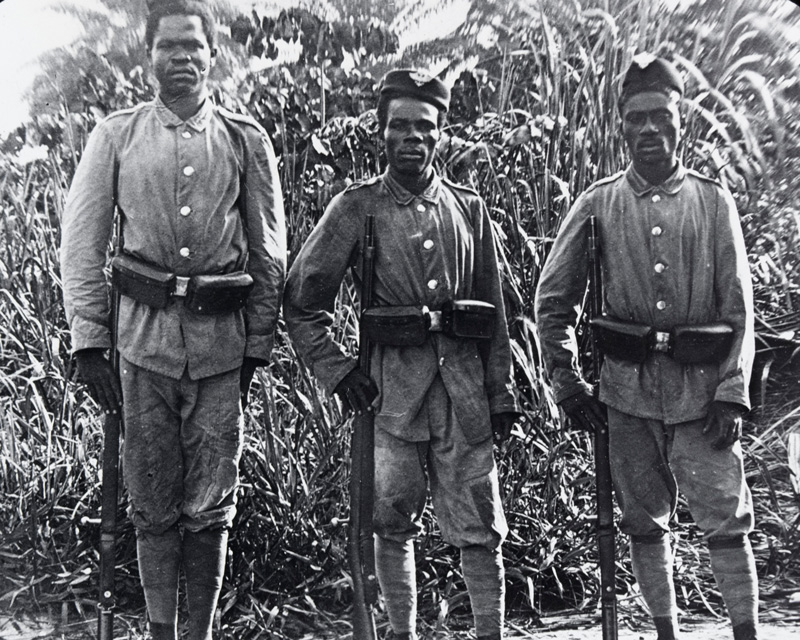106th anniversary of world war I armistice: How the great war transformed Africa

Today marks the 106th anniversary of the armistice that ended World War I, a conflict that, while largely fought on European soil, left a significant mark on the African continent.
The war, which raged from 1914 to 1918, intensified the colonial carve-up of Africa by European powers, triggering political, social, and economic upheaval that resonated for decades.
The redistribution of colonies among European powers often stoked ethnic tensions and led to internal conflicts.
The collapse of empires such as Germany’s, which held extensive African territories, fueled major political changes and laid the groundwork for burgeoning independence movements across the continent.
African soldiers played a pivotal role in the war, serving under colonial flags.
Upon returning home, however, many were met with neglect, sparking resentment and fueling nationalist movements.
The war exacted a heavy toll, with over 150,000 African soldiers killed and millions of civilians facing the devastating social and economic repercussions.
Colonial Ambitions on Display
From the onset, German colonies rich in resources became strategic targets for the Allies.
Notable examples include Cameroon, then known as Neu Kamerun, ceded by France to Germany in 1911.
Determined to reclaim lost territories, French forces sought to reassert control once hostilities broke out.
The conquest of German colonies such as Togoland, Cameroon, and German South West Africa unfolded relatively quickly due to limited German defenses.
Togoland fell first, despite the governor’s efforts to maintain neutrality.
In Cameroon, German troops held out for 15 months against a combined French, British, and Belgian force, while German South West Africa was subdued by South African troops within six months.
In contrast, the German East African forces led by General Paul von Lettow-Vorbeck waged a protracted guerrilla war until three days after the 1918 armistice.
Praised for his tactical prowess, von Lettow-Vorbeck’s campaign inflicted significant suffering on local populations through forced recruitment and scorched-earth tactics, with an estimated 1 million Africans conscripted as porters by the Allies and Germans alike.
Death tolls from forced labor and its associated hardships are believed to number in the hundreds of thousands.
Widespread Resistance and Rebellion
While some African communities saw the war as an opportunity for greater political agency, others resisted colonial demands for military and labor contributions.
France conscripted 190,000 African soldiers for campaigns in Europe and the Middle East.
The imposition of taxes, economic exploitation, and forced labor further inflamed tensions.
Rebellions erupted across Africa. In South Africa, Afrikaners opposed their government’s support for the Allies.
Islamic uprisings, inspired by the Ottoman Empire’s call for jihad, spread through the Sahel.
Anti-colonial movements, including the Watch Tower movement in Rhodesia, rose up.
In Burkina Faso, villagers revolted against French rule in 1915, enduring nine months of brutal suppression that claimed 30,000 lives.
Hope and Disillusionment
For some, the war represented a chance to gain recognition from colonial powers.
Blaise Diagne, the first Black French parliamentarian, recruited thousands of Senegalese soldiers with promises of reform—promises that went largely unfulfilled.
Many African soldiers, lured by offers of citizenship and civil rights, were similarly disappointed.
World War I’s aftermath laid the foundation for nationalist movements and political dissent across Africa.
Disillusioned elites and veterans emerged as key figures in the continent’s push for decolonization, sowing the seeds of change for generations to come.
About The Author
dailymailafric
I am an avid African news observer, and an active member of Daily Mail Africa.
I’m Passionate about staying informed on diverse topics across the continent,
I actively contribute to publishing on political, economic and cultural developments in Africa.



